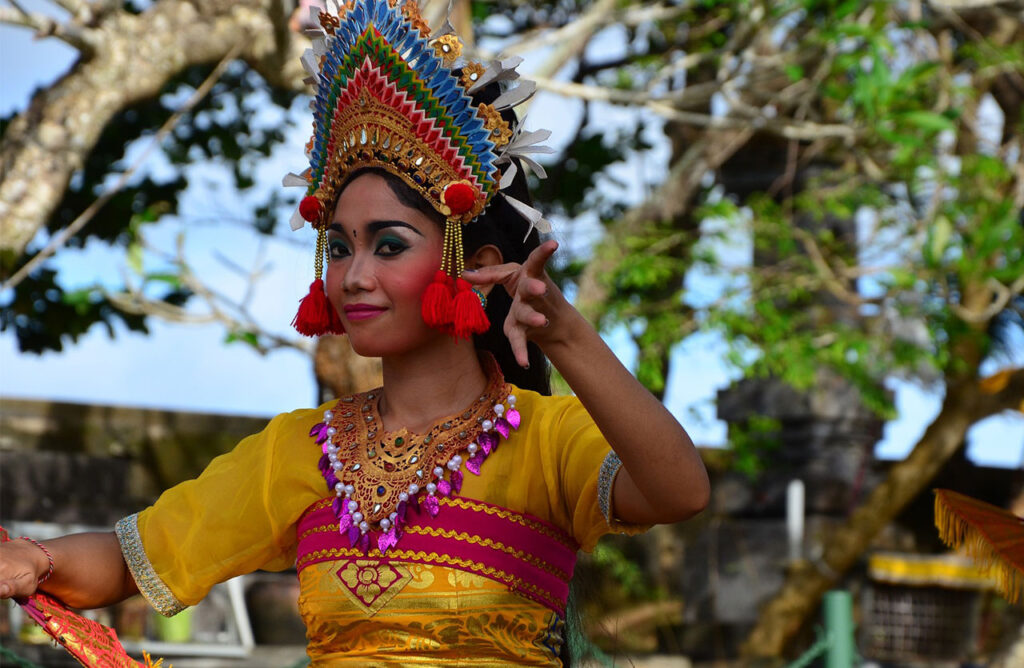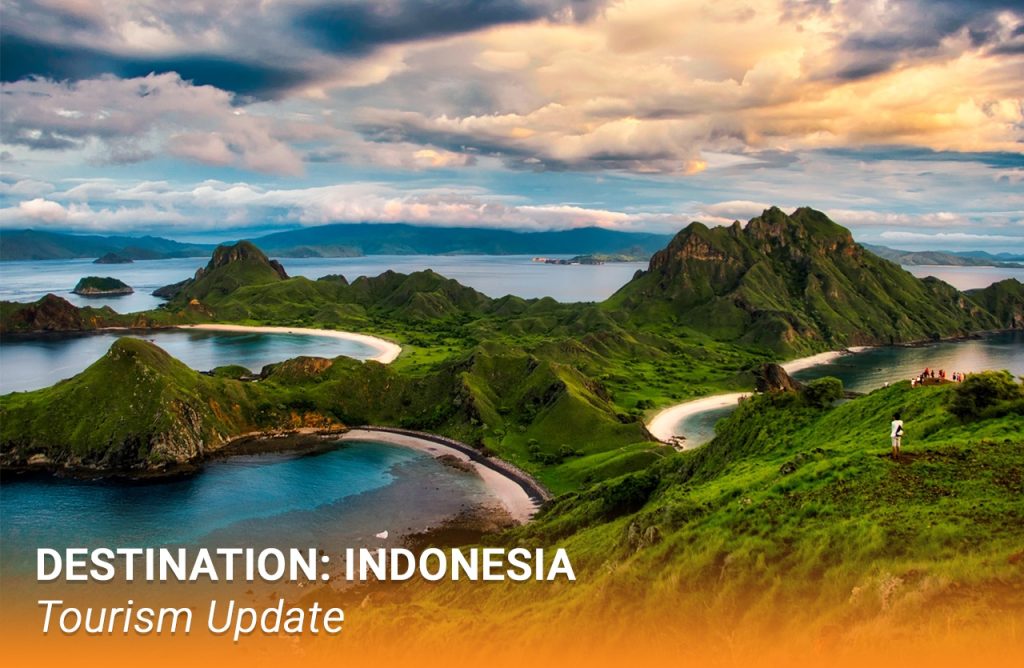
Last month the eyes of the world turned to Bali, as global leaders arrived for the G20 Summit. The summit, along with the various meetings and events that preceded it, gave a massive boost to Indonesian tourism, while also demonstrating the country’s capacity to welcome international visitors at the very highest level.
Held in Nusa Dua on 15-16 November, the 2022 G20 Bali summit was the 17th meeting of the Group of Twenty (G20). Indonesia’s G20 presidency began on 1 December 2021. During this time, observers have noted the ‘multiplier effect’ the G20 has had on tourism in Bali and beyond.
At a recent media briefing, Indonesia’s Minister of Tourism and Creative Economy, Sandiaga Uno, stated that Bali’s economy grew by 8% in Q3 of this year compared to the same period last year. Sandiaga also commented that the event had made a major contribution to international arrivals, and that he expected Indonesia to “meet the target of 3.6 million international tourist arrivals with total foreign exchange earnings of US$1.7 billion”.
A total of 20,559 people travelled to Bali for the summit and its associated meetings, while arrivals to the island have now hit an average of 24,009 people per day. The summit itself was attended by 17 heads of state, three foreign ministers, nine invited countries and 10 international organisations.
The G20 is a multilateral forum bringing together 19 of the world’s major economies and the European Union (EU). Its members account for more than 60% of the world population, 75% of global trade and more than 80% of world GDP. The members include Argentina, Australia, Brazil, Canada, China, France, Germany, India, Indonesia, Italy, Mexico, Republic of Korea, Russia, Saudi Arabia, South Africa, Turkey, the United Kingdom, the United States and the European Union.
Initially, the G20 was a meeting between Finance Ministers and Central Bank Governors. Since 2008, the G20 has hosted Heads of State at the annual summit, with development sector discussions commencing in 2010. Since then, the G20 has consisted of the Finance Track and Sherpa Track.
Established in 1999, the G20 brings together advanced and developing economies to overcome crises together, particularly in Asia, Russia and Latin America. The goal of the G20 is to create and maintain solid, sustainable, balanced and inclusive global growth. In Indonesia, this growth has already received a major boost from the G20 summit and the nation’s presidency.





